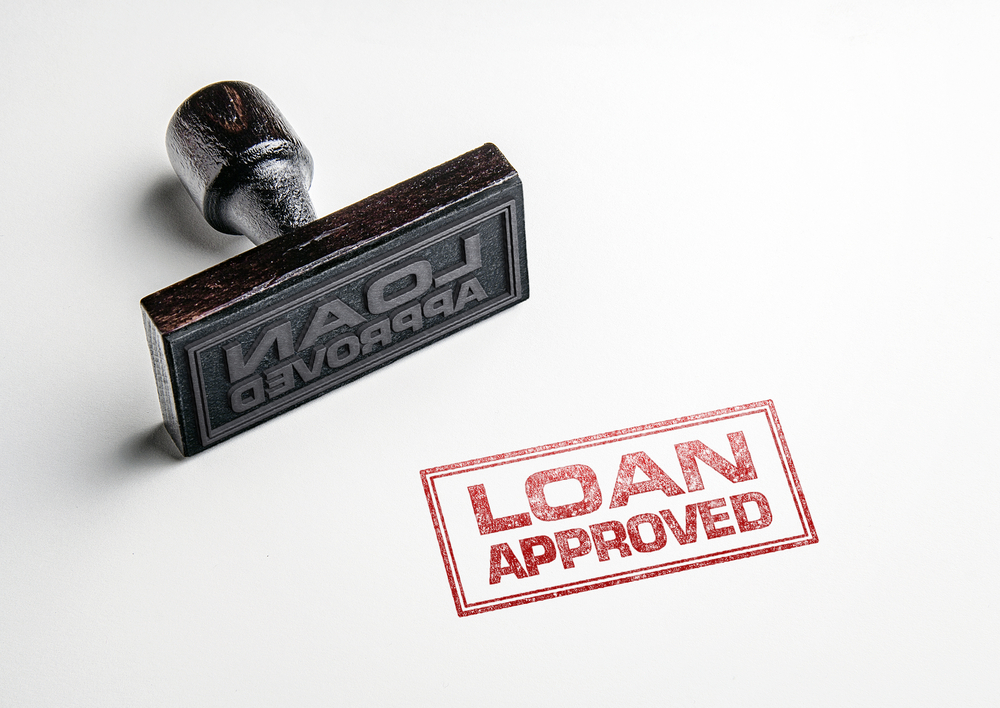Benefits Of A Hard Money Loan
Hard money loans are a fantastic funding solution for those who have difficulty obtaining more traditional loans. They can have great benefits for the borrower.
Banks and mortgage lenders can be quite strict with their lending requirements. Those can make it challenging for those with poor credit or financial hardships to get loans.
That’s where hard money loans come into play, opening up new opportunities for investing in property at a great price. You should know about some of the major benefits associated with hard money loans.
Hard Money Loans are Easier to Obtain
When you choose a hard money loan, you are able to take advantage of the benefits. That’s because hard money loans tend to be easier to obtain than traditional avenues of funding. In many cases, these non-standard hard money loans from private lenders will be approved more quickly with less paperwork.
Hard money lenders won’t do as much background research into your financial history, they can take bigger risks. Whereas banks approve or reject loan applications based on credit ratings and scores. Hard money lenders look at the value of the collateral instead. This collateral is typically a real estate property. Although there are higher risks involved, hard money lenders can justify this by charging higher interest rates and fees.
Borrowers who obtain hard money loans are not usually deterred by the higher interest rates. They don’t plan on having a hard money mortgage forever. Financial columnist and journalist Jean Chatzky said – debt isn’t always bad, “A mortgage can help you afford a home. Student loans can be a necessity for getting a good job. Both are investments worth making.”
When it comes to deciding whether or not a hard money loan is right for you, you have to think about your likelihood of getting a bank loan and also what your plans are for the property.
Hard Money Loans can Have Benefits
One of the other things you should know about hard money loans is that they are advantageous for those looking for funding right away. If you’re in a hurry to get your funds or you’re struggling to get approved through regular resources like banks or mortgage lenders, then hard money loans can help you get the property you want or stave off foreclosure.
There’s a lot of people out there buying real estate, as the volume of loans to homebuyers looking to renovate and resell increased to about $20 billion last year. That’s a 37% rise from 2016 and nearly double the amount from five years ago. Many of these purchasers took advantage of attractive hard money loans to lessen their risk of foreclosure.
Another benefit of hard money loans is that they can come in handy if you’re trying to buy a new home while selling an old one. Perhaps you need a hard money loan to cover a down payment while the proceeds from the sale of your previous property are not yet available. If there’s not enough time or availability to get a loan from a bank, hard money lenders can help.
Both real estate investors and homeowners can refinance their properties with hard money loans. One thing to always remember about hard money loans is that you want to be quite confident your financial outlook is positive. Most people pay back a hard money loan within a few years once they sell the property. That way, they aren’t stuck with those higher interest rates forever. So whether you’re getting into house flipping or you’re eager to avoid foreclosure, hard money loans will work well as long as you’re ready to repay the loan sooner rather than later.
Hard Money Loans Assist Real Estate Developers
Those involved in real estate development may also use hard money loans for projects that won’t get approved for bank loans. For example, projects that have yet to receive final permits and approval are unlikely to receive a conventional loan because the bank can’t be positive that the project would make it past the development stage. Non-standard loans like hard money funding can be used to finance these projects. Once the permits are all in place, the real estate developer can apply for a conventional loan to repay the hard money loan.
For those real estate developers who want a more flexible funding option, it makes sense to explore hard money loans. If you are interested in hard money loans, you can always ask a reputable lender for more details.
Sources:
“Jean Chatzky Quotes.” BrainyQuote, Xplore, https://www.brainyquote.com/quotes/jean_chatzky_724897.
Sasso, Michael. “Home-Flipping Trend Weakens as High-Interest Lenders Jump 40%.” Bloomberg.com, Bloomberg, 13 June 2019, https://www.bloomberg.com/news/articles/2019-06-12/high-interest-lenders-up-40-even-as-home-flipping-trend-weakens.









